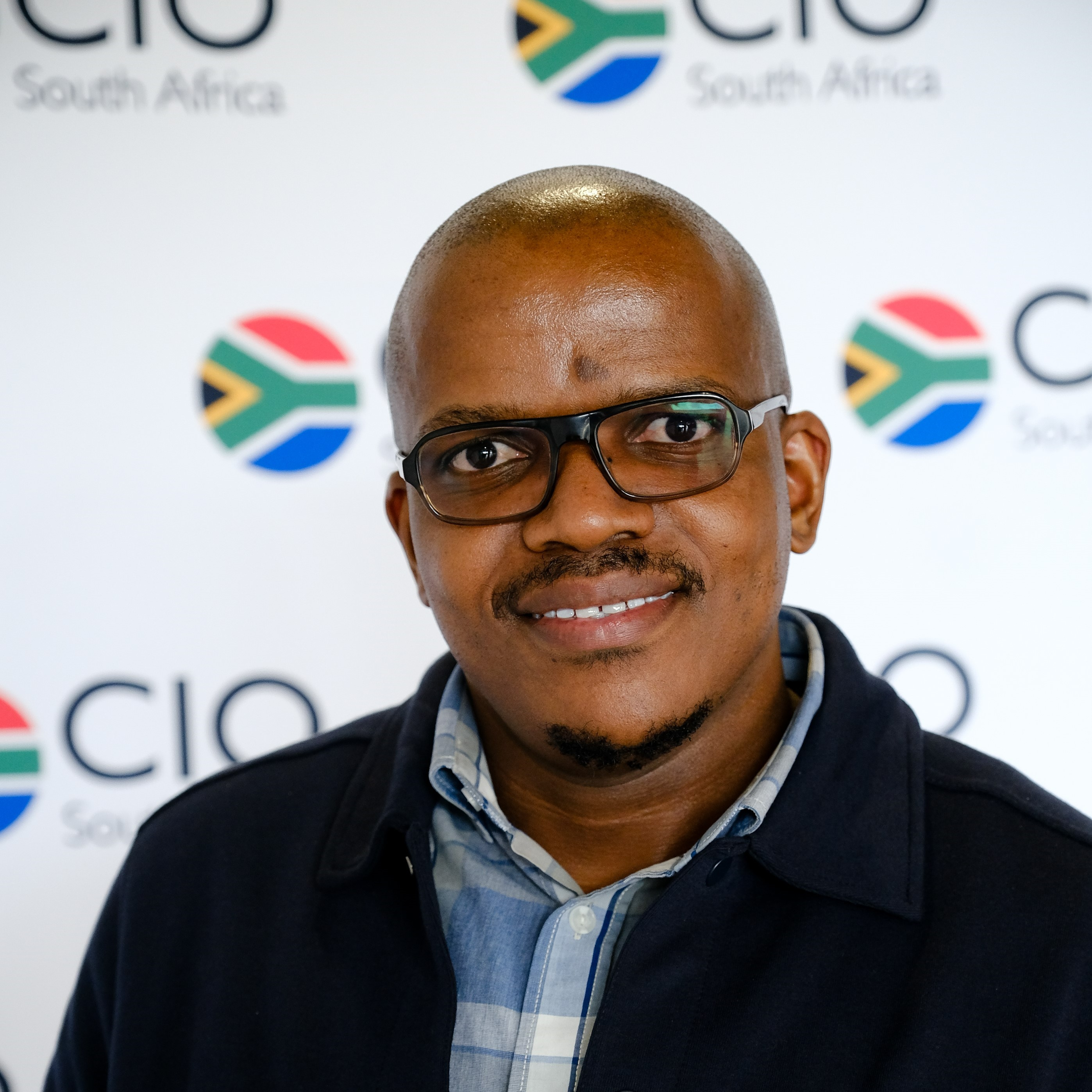He says it goes against his morals to be rewarded for things he doesn’t deserve.
Josh Souchon, group CIO at Sasfin Bank, was born in Pietermaritzburg, but his family moved to Zimbabwe when he was a child. While in high school, he applied for two university scholarships, one local, and one abroad. He won both and left to study engineering at the Imperial College of London.
“My final-year thesis was based on mechanical devices for paraplegic individuals,” he says. “I had two paths I could pursue: the first path being the postgraduate medical engineering field, and the other being medicine,” he explains.
“I returned to South Africa to study medicine at Wits, and at that stage, the country was experimenting with the idea of community service.”
A short stint in medicine
Josh ended up working at Chris Hani Baragwanath Hospital in Soweto for his obstetrics block, delivering 10 babies in that period, and in his fourth year electives, he worked at St. Joseph’s Hospital with an ENT surgeon, where he performed various procedures.
But Josh was conflicted; he was still undecided about his career path, his wife already had a steady job, and he was worried about being assigned to a hospital in another province. “I decided to take a gap year after my fourth year of medicine, but eventually went back to engineering,” he says.
He joined Anglo American, and later De Beers. He also worked for Affinity Logic, a joint venture between WoolTru and Datatech at the time, mainly doing IT projects. “I left Affinity and joined another joint venture project between American bank, Capital One and Nedbank, where I also ran IT/tech projects,” he explains.
Testing the waters abroad
After a successful career in South Africa, Josh decided to work in Europe, and initially lived with his sister in London while looking for work, accepting a role with Trafigura, a position that was based in Switzerland. “I flew back to South Africa, put my home on the market on a Sunday, it was sold the next Monday, and I moved my family to Switzerland.”
He says Switzerland is an amazing place to live and work. “The one thing I would say about Switzerland is that anywhere else you go on holiday is cheaper than Switzerland: going on holiday is cheaper than staying at home!” he jokes.
Josh loves to travel, and is also a Formula One enthusiast and proud supporter of Mercedes-Benz driver Lewis Hamilton. “I also enjoy reading books on business philosophy and leadership, as well as quantum mechanics.”
Josh found his role at Trafigura fulfilling. The company had locations across 32 countries, which afforded him the opportunity to travel extensively. But when the global financial crisis hit, it created a moral dilemma for him, and he had to quickly decide on his next move.
“‘Why leave if they are happy to pay?’ a friend asked me at the time,” he recalls. “I was being paid a premium (100 percent) for the projects I was working on, but in reality I was only doing 70 percent of the work – getting 30 percent extra pay that I didn’t deserve. Based on my own ethical and moral stance, I simply felt uncomfortable staying on,” he explains.
He decided to leave Switzerland – he flew out on a Friday and started his new role with Investec Capital Markets the following Monday.
Josh spent five years with Investec and achieved great success there. His biggest achievement was creating an IT system for each of Investec’s 16 business units. And by the time he left, the trading business, treasury and specialised finance all ran on their own systems.
His successful run didn’t end there: as programme executive at Standard Bank transactional products and services (TPS): CIB, Josh managed to complete a project that was seven years behind schedule. “Standard Bank was struggling with a particular project, which they had already invested heavily in, and in the 23 African countries where this project was meant to go live, had not implemented a single country,” he says. “I agreed to come on board and six weeks later we rolled out Kenya and continued to roll out a series of countries every two months thereafter.”
According to Josh, the project was not delayed due to the lack of technical ability, as they had world-class people working on it. It had more to do with the individuals involved not believing that they could deliver on the project.
“It’s simple,” he says. “If you have been employed to complete a project, and you are not confident that it can be done, then you have a moral obligation to leave. The job is the outcome, not merely coming into the office.”
When Josh later moved to Sasfin, his main goal was to drive modernisation and digitalisation at the bank, and pivot the entire business. Prior to this, the bank did everything face-to-face: it had a webpage, but that was the limit of its digital presence. In 2017, Sasfin went live with the first digital components for their wealth business, in 2018 digital banking and accounting lite went live, and in 2019 the digital offering for their asset finance business was added.
As CIO, Josh is responsible for enabling growth within Sasfin's businesses and leveraging last mile enhancements that help the businesses scale. In addition, he manages the appropriate resource model, implementing hybrid and new ways of working to effectively deliver the optimal staff output.
He is also in charge of the bank’s cybersecurity, which is a critical foundation for a business that has rapidly shifted to digital over the last five years.
"Some of my most notable achievements at Sasfin include successfully implementing the group’s IT operating model, which is aligned with the business model, as well as implementing the IT Unitised Costing model in the organisation,” he notes.
“I’ve also overseen successful implementations of B\\YOND (Sasfin Online Banking Platform) and the Business Banking app, and a variety of cloud-based solutions.”
However, Josh's proudest achievement to date has been to transition the company to an entirely remote workforce working from home, without losing a single deal in their pipeline, during repeated Covid-19 lockdowns.
















